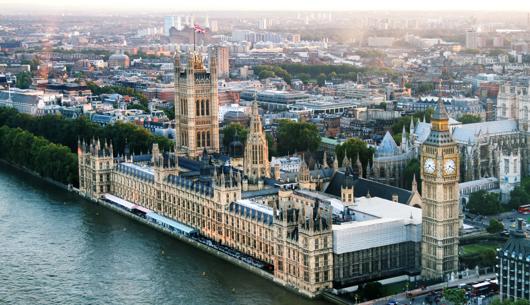Independent schools
Part 4 of the Schools Bill introduces provisions relating to independent educational institutions.
Part 4 of the Schools Bill introduces provisions relating to independent educational institutions.
An increasing number of providers are approaching us for advice about whether a facility they are running is required to be registered as an independent school. For example, academy trusts who have found themselves expanding their alternative provision offering or companies catering for hard-to-place children and young people.
The new legislation may simplify the position. The Government’s overall intention is to “bring settings which provide all, or the majority of, a child’s education into a regulated regime”. It seeks to do this in two ways:
- It will narrow the current legal definition of “independent education institution” so that it doesn’t refer to the term “school”. There will therefore be no associated requirement to provide education on a range of matters and this means that where an institution offers only a very narrow curriculum, that will no longer be a barrier to it being classified as an independent school.
- It will define in law what is meant by the term “full-time education”. It is well-established that an institution only needs to register as an independent school where it is providing full-time education for a certain number of children of compulsory school age. Whilst there has been guidance on this point in place for some time, a firm legal definition should ensure more certainty. The proposed statutory definition states that a child will be deemed to be receiving full-time education at an institution “if the child could be expected to receive all, or a majority, of their education at the institution”. Factors (which may be amended by future regulations) to determine this point are also prescribed in the legislation and include the numbers of hours per week, the number of weeks in an academic year and the time of day when the education is received.
- Regulations will flesh this out and the Department for Education (DfE) also intends to produce guidance to help proprietors understand how these factors interact with each other.
The additional guidance is definitely necessary, particularly in the context of those increasingly in-demand providers of alternative provision whose service is far from being “underground” and unregulated but, by virtue of the nature of the children it is catering for, does not lend itself to the independent school framework. As the Bill passes through Parliament and as associated regulations and guidance are developed, it is hoped that this issue will finally get some of the airtime it deserves.
In addition to the above, the Schools Bill proposes other new legislation relating to independent schools including:
- enhancing the investigative powers of the DfE to identify and investigate suspected criminal offences, for example, the operation of an unregistered school
- a new route through which the DfE can suspend the operation of a setting where it has a serious safeguarding concern
- for schools where there has been more long-term failure to meet the Independent School Standards, changing the grounds upon which a de-registration decision can be appealed.
All of these changes are reflective of the DfE’s commitment to ensuring that children are attending settings which are safe and properly regulated.








































